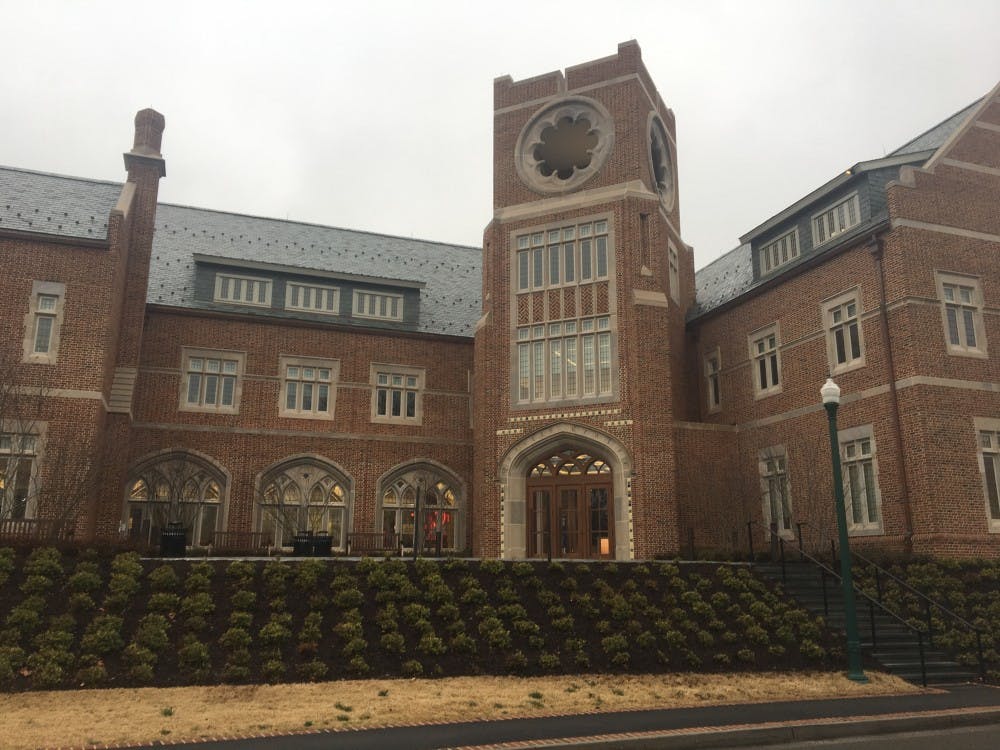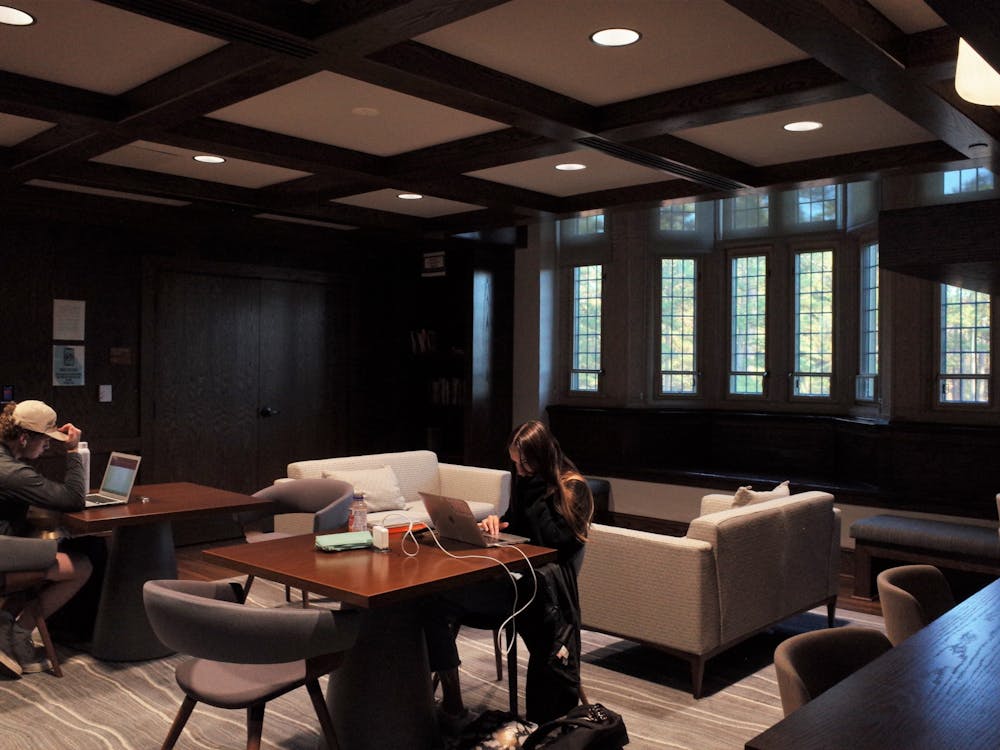Editor's note: This article was updated to include more specific information on minimum wage requirements.
Students working at the University of Richmond during the summer will no longer receive a guaranteed $2 per hour bump to their wages, in accordance with a plan to change the wage structure for student employees, Mike Pagano, financial aid advisor, said.
The summer base rate change is part of a larger modification to the way the university student employees are paid. Rather than universalized starting wages during the summer and school year, employee supervisors now decide on pay increases, Pagano said.
“Some students may have more experience in that field, or may be more qualified, so we wanted them to have the flexibility to be able to give them more competitive starting wage rates,” he said.
Students working on campus during the summer will have a lower starting wage but will have the chance to make the same amount or more than the normal $2 per hour pay bump. Starting wage for student employees is $8 per hour.
Heather Selby, junior, worked as a senior admissions intern in the Office of Undergraduate Admission over the summer and holds the same position during the school year. Without the guarantee of the $2 wage bump, Selby said she would hesitate taking the job again for the approaching summer before considering a pay change and talking with her supervisor.
“I think it’s important to point out that minimum wage in other states is higher than what they pay us here on campus,” Selby said.
She said she would consider returning home to Seattle, where minimum wage is $15 per hour, to work for the summer.
Students who work at UR during the summer and choose to live on campus pay $2,996 for a 10-week room and meal plan. A student working 40 hours a week at $8 per hour for 10 weeks during the summer would make $3,200.
Students will have to weigh the cost of living on campus with the wage available to them over the summer, Pagano said.
The decision to change the wage structure was made by Pagano’s office, human resources and the payroll office, Pagano said. They hoped to provide students with more competitive starting wages and to give them more opportunities throughout the semester to increase their pay.
Enjoy what you're reading?
Signup for our newsletter
Students involved in summer fellowships and research positions were not included in this wage change.
Pagano estimated that 300 students, including researchers and summer fellows, worked on campus last summer. He did not know whether the change in wage structure would mean that less students would work on campus during the summer, he said.
Selby believed student interest in summer jobs on campus would decrease after the $2 drop, she said.
Prior to this year, the wage system was set up so that students could only receive pay increases at certain times throughout the semester and could only receive a raise after a year of work, Pagano said. Now, a supervisor can give a student employee a pay increase before a year of work.
The ability to have pay raises throughout the semester based on performance or job experience more accurately reflects the wage system students will experience after graduation, Pagano said. It also gives departments more flexibility in paying more qualified students higher wages.
Cameron Bonsell, sophomore, works in the summer camps and conferences office over the summer. Getting rid of the pay bump would not necessarily change the amount of money students receive over the summer because of the opportunity to have their wages raised by a supervisor, Bonsell said.
“They’re more involved in the process,” Pagano said. “As opposed to everyone starts at this rate, regardless of what the job is, there is some opportunity there to earn more if you bring something extra to the table.”
Contact news writer Alexis Angelus at alexis.angelus@richmond.edu.
Support independent student media
You can make a tax-deductible donation by clicking the button below, which takes you to our secure PayPal account. The page is set up to receive contributions in whatever amount you designate. We look forward to using the money we raise to further our mission of providing honest and accurate information to students, faculty, staff, alumni and others in the general public.
Donate Now



